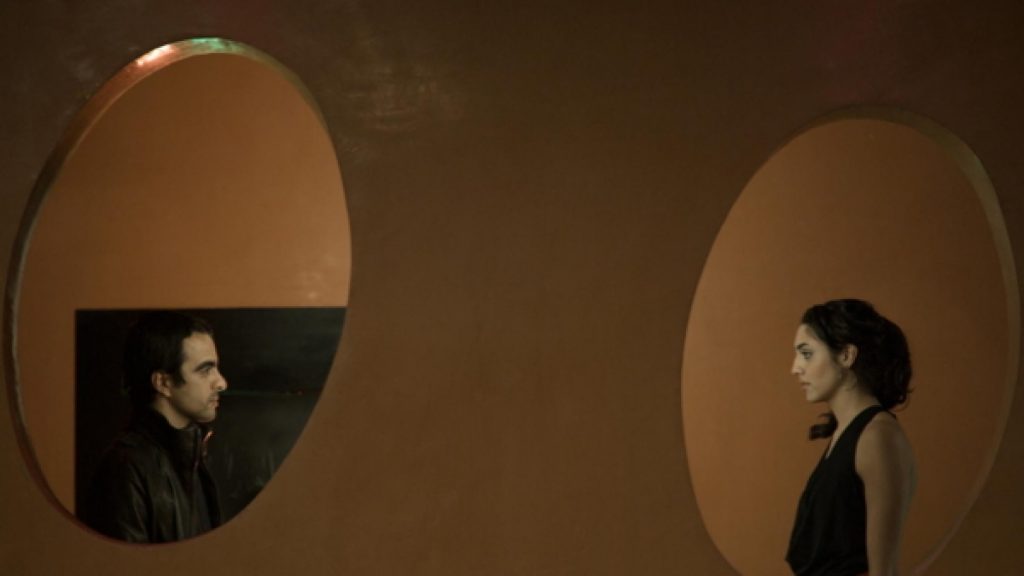Dabbling in the sublime
The 2012 edition of the Berlinale includes a number of films from Africa or with African themes.

Still from "Death for Sale."
As film critics and journalists flock to Germany for the annual Berlinale, media complaints about the Teutonic cold are routine, as are the proclamations heralding a new masterpiece of world cinema. This year’s program featured a few interesting releases by African directors. The Moroccan director Faouzi Bensaidi’s film “Death For Sale” (2011) screened early on, already marked with a Special Jury price from the Moroccan National Film Festival in Tangiers. Death For Sale is reviewed as a ‘gritty thriller’, mixing prostitution, trafficking, murder and religious extremism into a heady, forceful narrative mix, as three young men plan to raid a jewelers. The website Subtitled Online describes “Death for Sale” as incorporating “… shots that dabble in the sublime, taking in grand views of Tetouan and its neighboring mountains, as if hinting at some kind of higher force existing obliviously above this amoral society.”
This is Bensaidi’s third feature film since his recognition in 2003 at Cannes, where he received the Youth Award for his film “A Thousand Months,” an incredibly ambitious first film that portrayed the passing time of three generations of villagers in the Atlas Mountains in Morocco.
Also screening was French-Senegalese director Alain Gomis’s film “Aujourd’hui” (Today), a quiet and dreamlike film of the last 24 hours of a man’s life. The Hollywood Reporter described Gomis’s third film to be ‘full of extended silences punctuated by bursts of talk’, with a ‘poetic sensibility’, that feels mannered in comparison to Sembene or Cisse’s work. Gomis describes the film as: “… the kind of tale that takes place in an imaginary society in which death comes looking for someone. The film starts when he opens his eyes and ends when they close.”
Most celebrated among these at this year’s Berlinale is Kim Nguyen’s “Rebelle” (War Witch), for which the young 14-year old Congolese star, Rachel Mwanza, won Best Actress at the festival. Here she is receiving the award. And here’s a link to the “Rebelle” trailer.
It is described as neither simple, nor sensation, a heartfelt story from the straightforward viewpoint of its young heroine, Komona, who is abducted from her village to become a child soldier. Filmed in Congo, Canadian director Nyugen fuses documentary aesthetics with fictionalized narrative; “the anonymity and total availability of all the performers, who ignore the camera and do not play for its benefit, contributes to the authenticity of the entire project.”
In the Berlinale Panorama section, the South African thriller “Man on Ground” by Nigerian director Akin Omotoso screened. The film addresses the issues of xenophobia in contemporary Johannesburg, following the life of a young Nigerian refugee living in a tenement building in the city, who is abducted one night. Here‘s the trailer.
Watch the blog for Sean’s review of the film soon.
The Variety blog describes it as “a cross-hybridization of BBC police thriller and Bergmanesque meditation on intra-African immigration” and that “Man on Ground” boasts “… some literally fantastic visual flourishes as well as a bewildering inability to find narrative traction.”
However, the film I am most excited about seeing portrays Africa in an oblique and tentative way. “Tabu,” by critic-turned-filmmaker Michel Gomes, promises to be compelling, complicated and witty. Film magazine Sight & Sound described Tabu as beginning with ‘a prologue of considerable dry wit about a 19th century explorer in Africa who is so hounded by the ghost of the woman he abandoned that he sacrifices himself to a crocodile’, beginning the film with a ‘flat-on’, ‘cod-ethnographic’ style, reviving a silent-era style in a very different mode to The Artist. After this prologue, the film takes place in Lisbon, where the narrative follows an elderly woman worried about her neighbor, who complains she is kept prisoner by her Cape Verdean housekeeper.



















